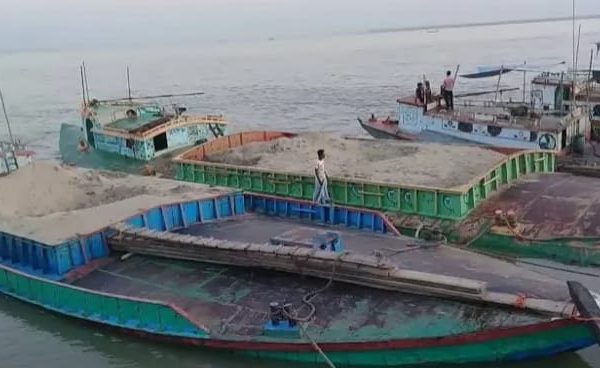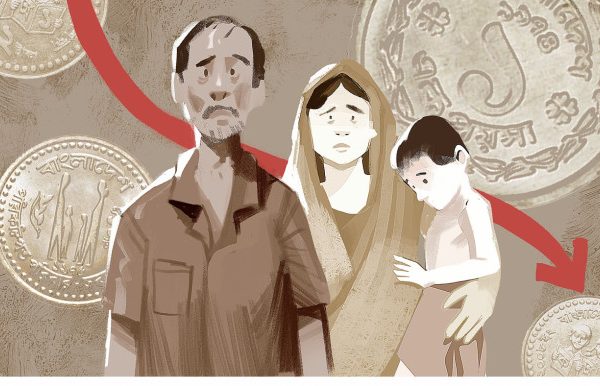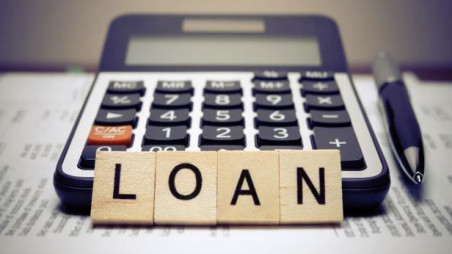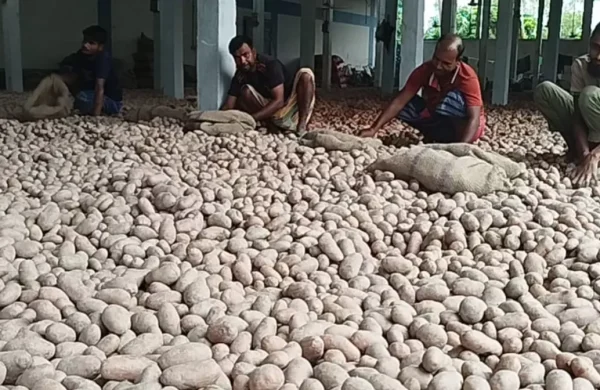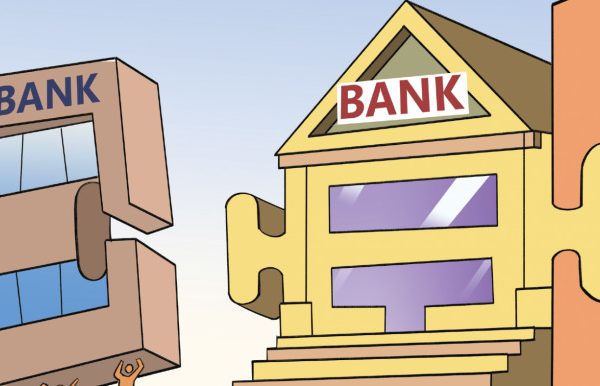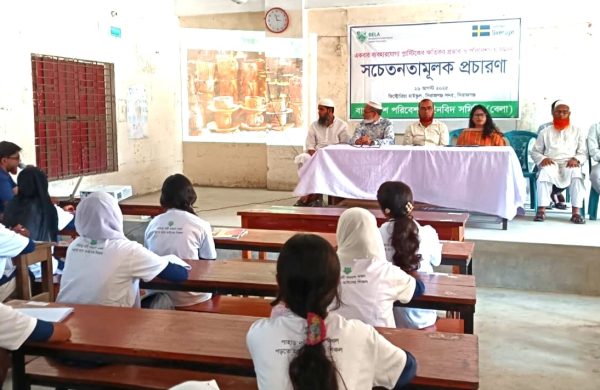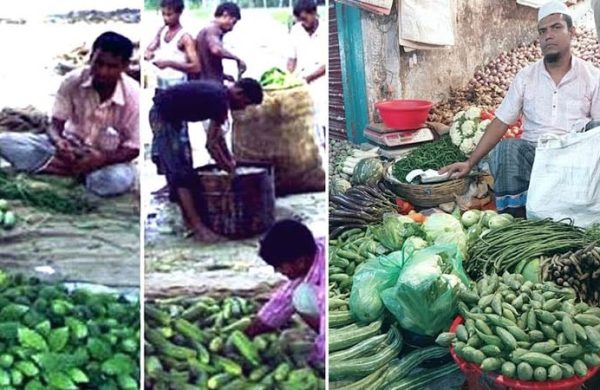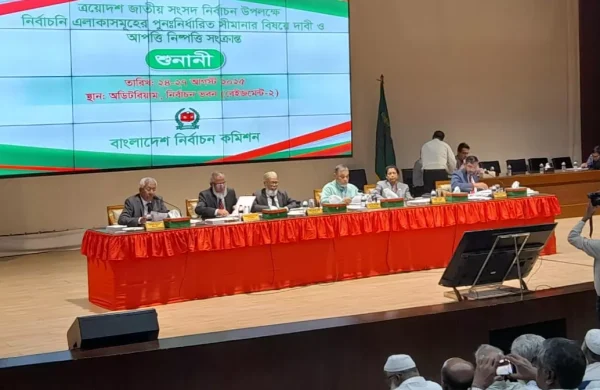Rubber imports rose 33pc last fiscal year
- Update Time : Tuesday, August 26, 2025
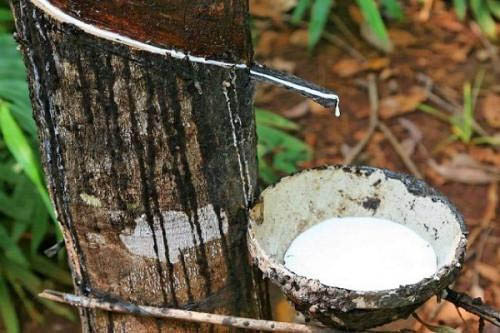
Staff Correspondent:
Bangladesh’s rubber imports surged by 33 percent year-on-year in the fiscal year 2024-25 (FY25), as local industries faced shortages due to supply disruptions from domestic producers.
The country imported 4,199 tonnes of rubber worth Tk 107.54 crore in FY25, compared with 3,165 tonnes a year earlier, according to Bangladesh Trade and Tariff Commission (BTTC) data. FY2023-24 had recorded a sharp 53 percent decline in imports, following 6,765 tonnes in FY2022-23.
PRODUCTION, EXPORT, IMPORT
Rubber is cultivated across 147,333 acres nationwide, producing about 70,357 tonnes annually, show a BTTC report on the “Current Situation and Export Potential of Bangladesh’s Rubber Industry” submitted to the commerce secretary.
Private operators manage 1,304 gardens, accounting for two-thirds of total output, while 28 state-run gardens, mostly in the greater Chattogram region, produce the rest.
Bangladesh Rubber Board officials said they do not have the latest data on the annual demand for rubber.
Despite the large production base, manufacturers say they have not received any shipments from local suppliers in recent weeks, particularly from state-owned agencies that typically account for about one-third of output. This has forced manufacturers to seek alternatives from abroad, primarily from Indonesia, and Thailand.
“For the past month, they haven’t been able to supply a single tonne of rubber locally,” said Md Luthful Bari, chief operating officer of Meghna Rubber Industries Ltd, one of the largest rubber consumers. “The current shortage has created serious disruption in our supply chain.”
Shafiqur Rahman, managing director of Rupsha Tyres & Chemicals Limited, alleged that the Bangladesh Forest Industries Development Corporation (BFIDC), which distributes rubber from government plantations, lacks a clear and transparent supply policy.
“We are being forced to import rubber to keep our factory running, which increases costs and deepens dependence on foreign suppliers,” he said.
While import is helping bridge the supply gap, it is also driving up costs and threatening production efficiency.
Rubber is a vital raw material for Bangladesh’s tyre, footwear, automotive parts, and household goods industries. Manufacturers caution that prolonged reliance on imports could undermine production efficiency and slow down industrial growth.
According to BTTC, Bangladesh exported rubber worth over $7.5 million (over Tk 91 crore) as of May 31st in FY25. The figure is extensively higher than the $2.28 million in FY24 and $2.30 million in FY23. India, Sri Lanka, Pakistan and Malaysia are Bangladesh’s primary export market for the item.
Manufacturers say this is hurting the local industry.
“We’re not against exports, but there has to be a balance. The domestic industry should come first,” said Megha Group’s Bari.
He warned that continued export in the face of local scarcity would hurt Bangladesh’s competitiveness, especially in price-sensitive markets.
Moreover, Rahman criticised the absence of a strategic framework for managing rubber exports in an efficient and sustainable manner.
BFIDC Chairman Nasir Uddin Ahmed could not be reached for comment in this regard.
CULTIVATION CHALLENGES
The BTTC report identified several structural problems in rubber cultivations, including lack of modern tools, laboratories, and research for skill development.
It also highlighted insufficient incentives for small and marginal farmers, inadequate tariff protection for domestic producers, a 15 percent value-added tax (VAT) at the primary marketing stage, natural disruptions, absence of high-yield rubber varieties, and limited research on intercropping rubber with suitable crops.
POLICY SUGGESTIONS
The BTTC recommended several measures to strengthen the sector, including raising import duties on raw rubber from 10 percent to 15 percent.
It suggested that to encourage domestic production and industrial development, import duties on rubber sheets should be structured so that products made from these sheets face higher duties than the sheets themselves.
For non-tire rubber products, such as rubber threads, conveyor belts, gaskets, washers, rubber bearings, and other vulcanized items, import duties could be increased if they are produced domestically with high quality.
It also recommended importing high-yield rubber clones through the Bangladesh Rubber Board and distributing them to plantation owners at subsidised rates.
The commission further suggested granting time-bound exemption from the 15 percent VAT on primary rubber products. Additionally, supporting research into intercropping methods to boost land productivity.
The report also noted that most of the country’s rubber demand is currently met through local production, and increasing protective measures could help Bangladesh achieve self-sufficiency in rubber cultivation.
About 60 percent of domestic demand is still met by local production, while 40 percent comes from imports, according to Mohammad Kamal Uddin, who is the President of the Bangladesh Rubber Garden Owners’ Association.


